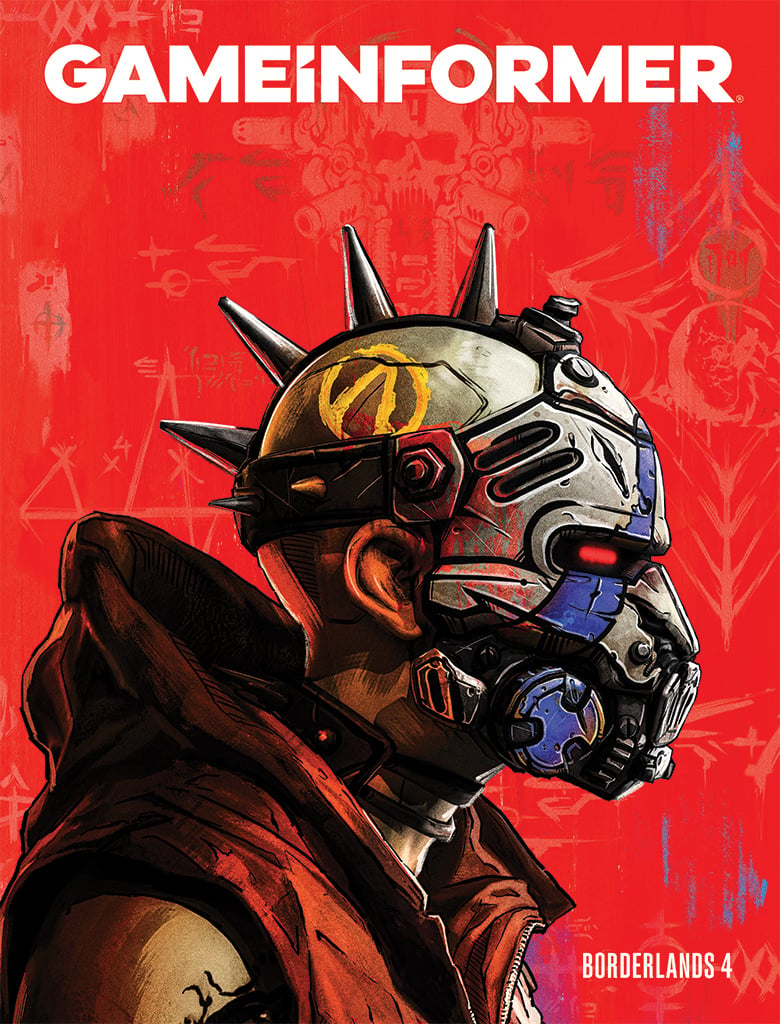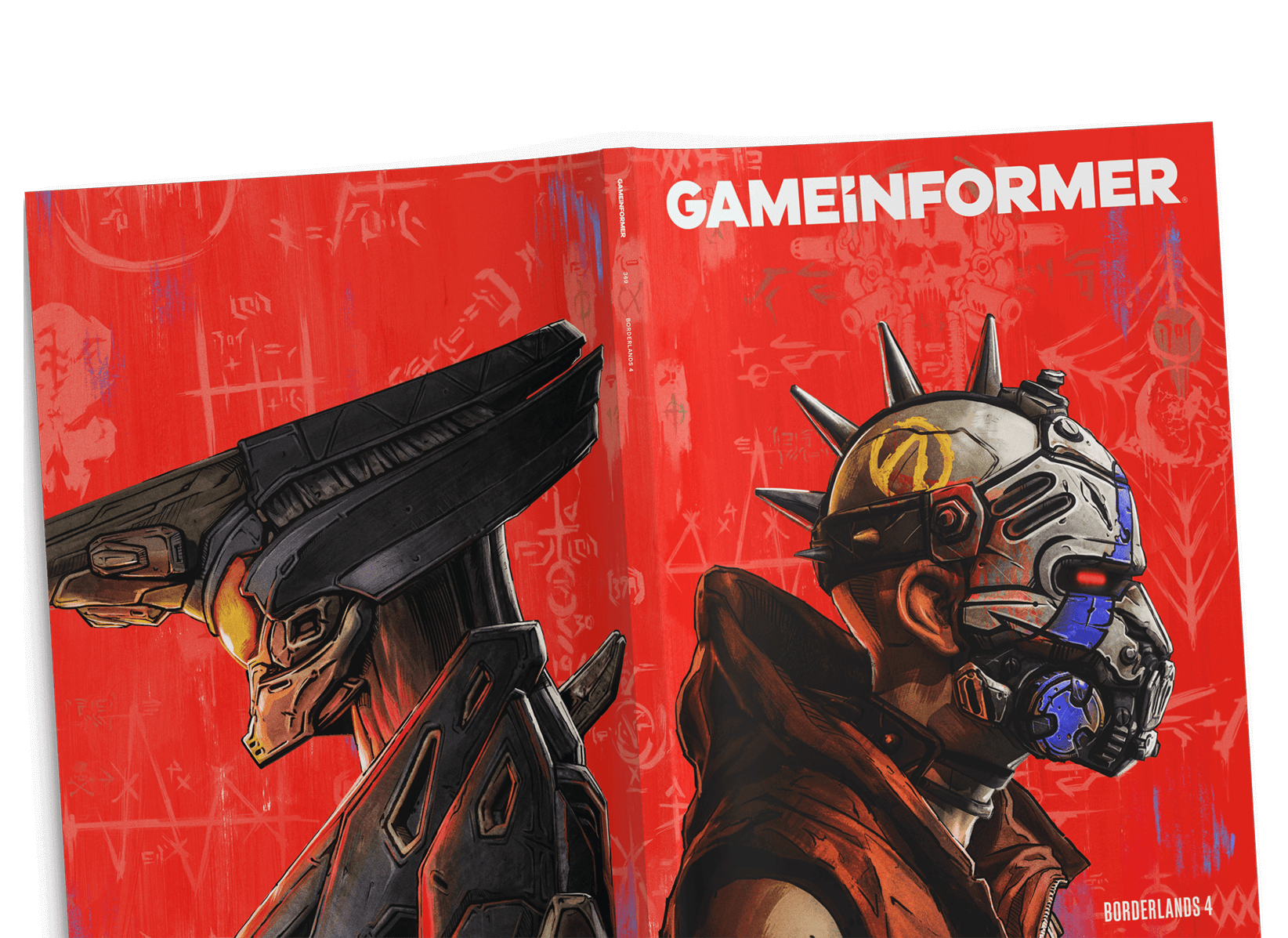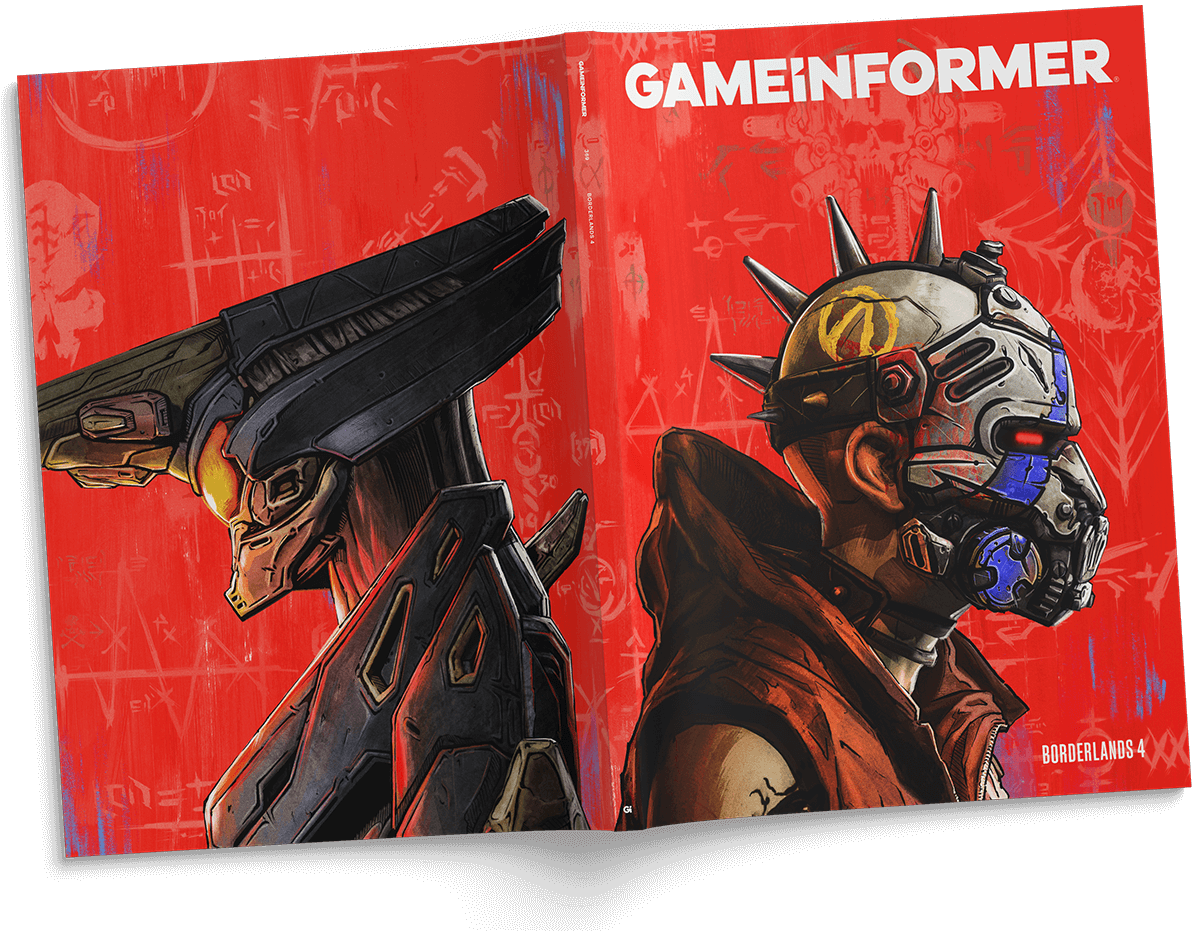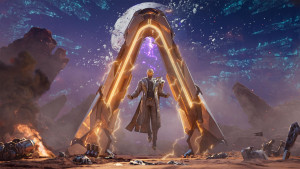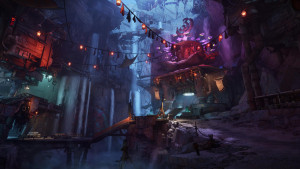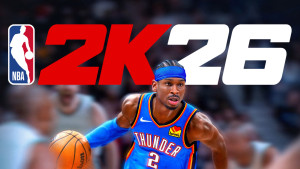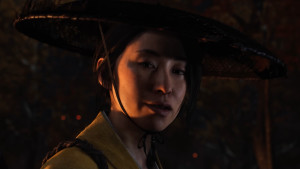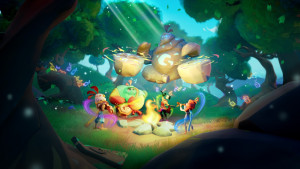Be the first to get Game Informer’s August Issue. Subscribe Now
A League Of Their Own
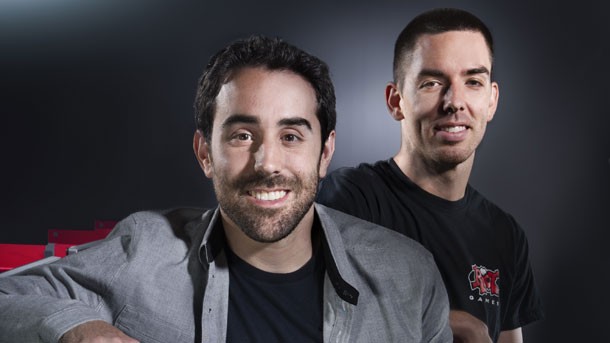
Longtime friends Brandon Beck (center) and Marc Merrill (right) founded Riot Games in 2006 and later released League of Legends, which is now one of the most popular games in the world with over 11 million monthly players. We spoke to Beck about Riot’s massive success and how the company is building for the future.
This interview previously ran in Game Informer issue 235
-----------------------------------------------
Game Informer: How do you explain your success?
Brandon Beck: It has a lot to do with the focus on our players and a focus on understanding what the gaming community wants. That starts by being hardcore gamers ourselves. One thing that’s pretty unique about Riot is that just about everyone you meet in any position at the company is going to be a very serious gamer with an extremely long track record of games played. If we’re not in the office and we’re not sleeping, we’re spending an awful lot of time playing games. Actually, if we’re in the office, we might be playing games as well.
What are your thoughts on the state of the games industry right now?
The world is definitely changing a lot. As a result, it’s forcing games to change and to innovate. It’s creating a lot of friction for us as developers because there are more platforms we have to pay attention to. More tools and technology are at our disposal, which is a good thing for innovating and advancing gaming, but it creates a burden of responsibility for us to figure that out and potentially modify what we’ve historically done. I don’t think hardcore gaming is going anywhere. I don’t think console gaming is on the cusp of dying. I don’t think PC gaming is going anywhere, in fact I think it’s on the rise. I think there are going to be new ways to experience games on more platforms than we’ve ever seen before, and it’s going to be really interesting.
The competitive gaming scene is becoming bigger and better every year.
Some games have always been incredibly competitive. Your interactions with those games as a player are not too dissimilar from your experience in a sport where you get a bunch of teammates together and play against another team. You win or you lose and you play again, not because you’re seeking to unlock some sort of narrative or advance through some linear progression scenario, but because you want that same exact competitive experience.
I think the emergence of a competitive scene is the natural extension for those types of games. If you’re committed to playing something competitively it’s fun to know there’s a top level of play, a level to aspire to, and a level to watch with awe.
Where do you see competitive gaming going in the future?
I think competitive gaming is going to grow increasingly more mainstream. Right now, particularly in North America and Europe, it’s sort of a novel idea. Some people are still surprised it exists. But we’ve seen other markets quick to adopt competitive gaming in serious ways, like in Korea where gaming has been televised for a number of years. With competitive League of Legends, when we’re on live TV, we’ve often competed for the top of prime-time ratings with sports like soccer.
We don’t see competitive gaming replacing those sports anytime soon, but we do think it’s something that’s going to make its way into the mainstream psyche and that’s really cool.
What are some of the priorities right now at Riot Games?
We’re a young company, and we’re really focused on continuing to build our team and build a high-quality product in League of Legends and improving the experience across a number of dimensions simultaneously for our players.
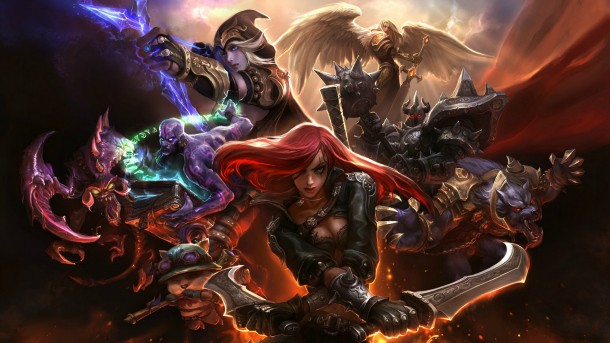
How much pressure is there to create new games and expand your portfolio of products?
Right now there’s not a ton of pressure. That’s something that’s going to happen organically. Certainly there are a ton of really creative ideas floating around the company in various phases of development. You’re certainly going to see more games from Riot, but the focus right now is definitely on helping League of Legends reach its potential.
Is Riot Games going to be defined as a company that only makes competitive games, or do you see yourselves exploring other genres?
It’s not clear yet whether or not we would exclusively focus on competitive gaming. Certainly competition and deep online play is in our DNA. A lot of our favorite parts of online experiences are the player-versus-player components. Nonetheless, we like cooperative experiences and rich, high-quality products that are uncompromisingly core. What you will see from Riot in the future is certainly going to be focused on games for gamers.
Do you see yourselves broadening out to other platforms?
We don’t really focus on platforms. We think about platforms after we think about the games we want to make. If a certain platform were to enhance the experience of our product, then we’d certainly entertain how to leverage that platform to help deliver the experience.
PC is the best way to deliver our League of Legends experience, and we don’t think it would be high quality and compelling enough on other platforms. That’s not to say it couldn’t be done, but it wouldn’t meet our bar. We have no plans to take League of Legends to any other platforms in the foreseeable future, but it’s possible that other games could be multiplatform.
The free-to-play business model for games continues to grow. Is it the future or is it one of several business models that will exist?
I think free-to-play is one of several business models. The whole appeal of free-to-play to us is there shouldn’t be a one-sized fits all model. Free-to-play isn’t the answer for every game. It really comes down to the content itself and finding a model that provides players with the most choice and the most value. In some cases that will be free-to-play as we know it, and in some cases that will be novel ideas that we haven’t come up with yet.
What do you think the games industry will look like 10 years from now?
I think it’s going to be substantially different in 10 years. I think there are going to be a lot of new names and faces of companies that are just emerging or haven’t emerged yet. A lot of the old guard of gaming who don’t change and adapt are going to fade away. I think what’s going to matter more than ever is product quality. Great marketing isn’t going to make up for a bad product. Great products aren’t really going to need that much marketing because distribution is becoming more ubiquitous and less important.
Players can spread the word about a product more quickly than ever before. I also think companies are going to have to be way more adaptive to what their players want and be better listeners than they have been historically. That’s going to keep us all on our best game and keep developers honest. I think with that pressure is going to make better and better products.
